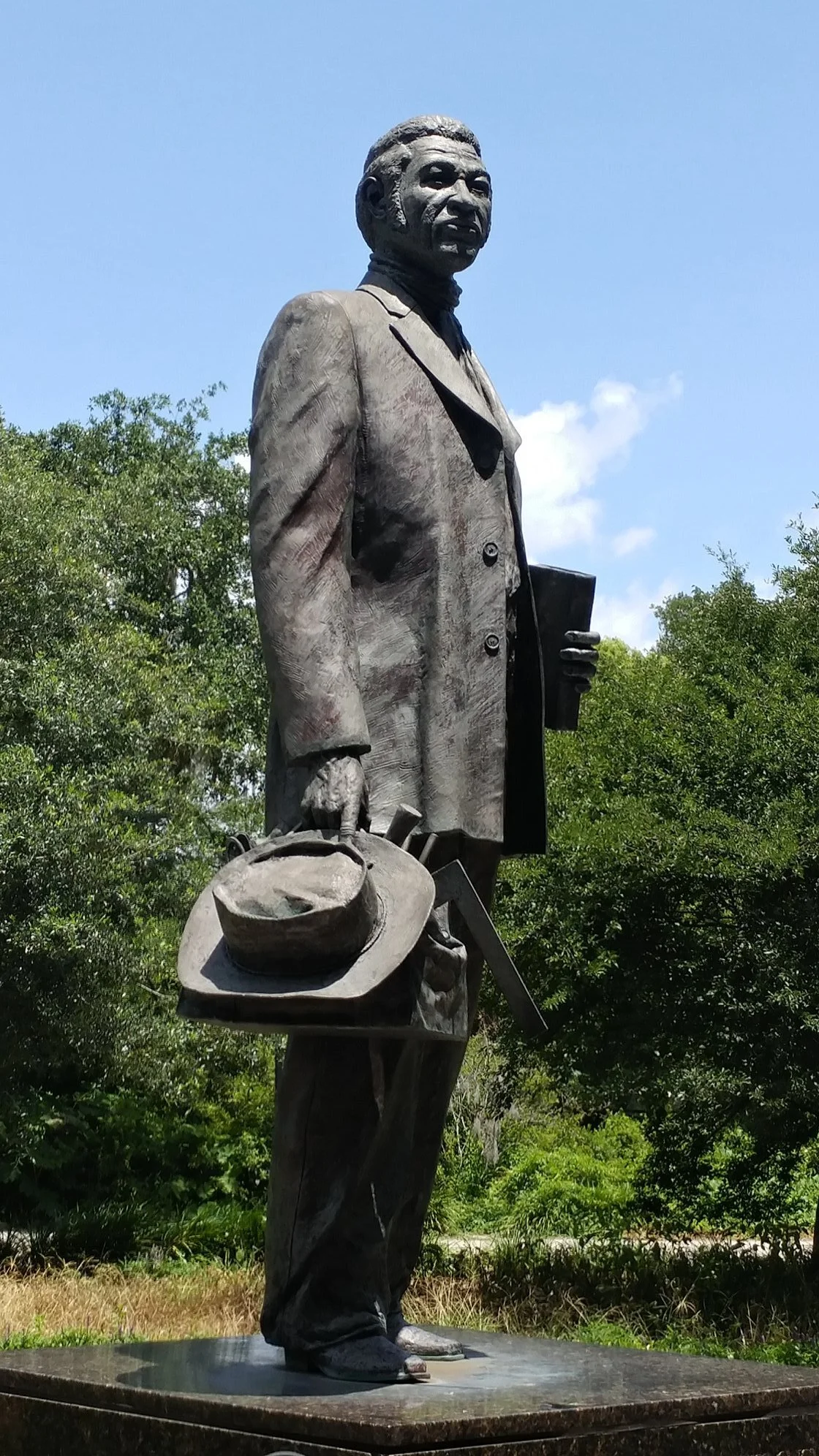Today In Black History July 14, 1822, • Denmark Vesey Uprising in Charleston, South Carolina
On this day July 14, 1822, revolutionary Denmark Vesey planned a slave revolt to take place in Charleston, South Carolina, intending for thousands of slaves to kill their masters and sail to Haiti; instead, he was betrayed by slaves and executed.
Denmark Vesey (c. 1767 - 1822) was a literate, skilled carpenter and community leader in Charleston, South Carolina. Likely born into slavery in St. Thomas, Vesey was enslaved by Captain Joseph Vesey in Bermuda.
At the age of 32, he won a lottery and bought his freedom, but was unable to buy the freedom of his wife and children. In 1818 he co-founded an African Methodist Episcopal (AME) congregation in the city, which enjoyed the support of local white clergy. The church attracted 1,848 members, making it the second-largest AME congregation in the nation.
Vesey reportedly began planning the insurrection to take place on Bastille Day, July 14th, 1822, a date notable for its association with the French Revolution, whose victors had abolished slavery in Saint-Domingue.
News of the plan was said to be spread among thousands of black people throughout Charleston and for tens of miles through plantations along the Carolina coast. Two slaves opposed to Vesey's scheme, George Wilson and Joe LaRoche, gave the first specific testimony about a coming uprising to Charleston officials, saying an uprising was planned for July 14th.
In June, Vesey was formally accused of being the leader in "the rising". He was convicted and quickly executed on July 2nd.
In the aftermath of Vesey's and others' convictions, authorities blamed "black religion" for contributing to the uprising, noting that Vesey's role in the AME church.
The reverend of the church was driven out of the state. Charleston officials ordered the large congregation to be dispersed and the church building to be razed. No black church officially met in Charleston until after the Civil War.
Read More

